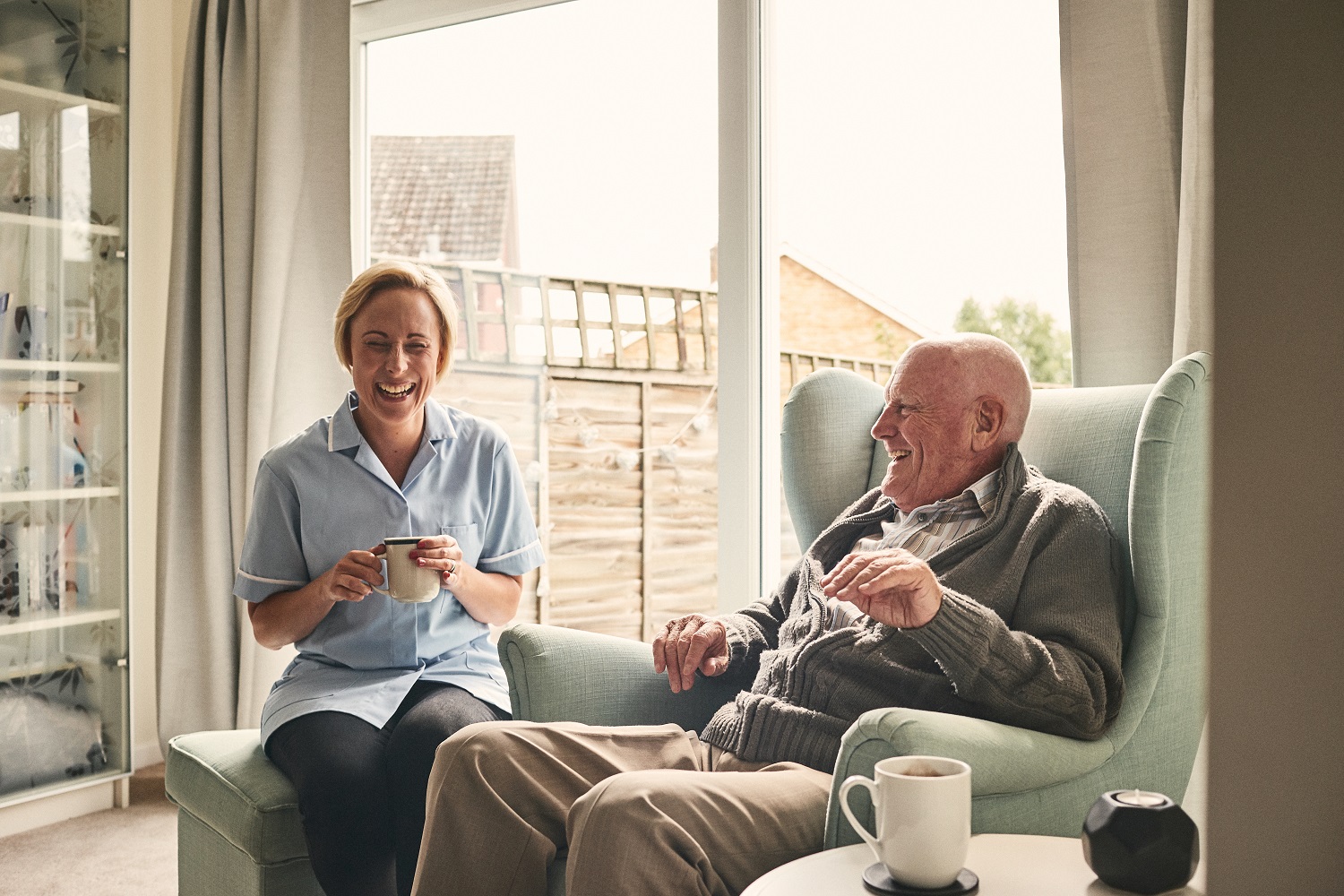
Respect, support and opportunities for feedback are vital to ensure Australians experience quality aged care, say Flinders University experts.
The research, recently published in the journal Geriatrics & Gerontology International, forms the basis of a new practical person-centred tool available to Australia’s aged care sector to assist in measuring and assessing the quality of aged care.
Conducted by Flinders University’s Caring Futures Institute, the extensive review identified nine key themes vital to quality aged care:
- Treating the older person with respect and dignity
- Acknowledging and supporting their spiritual, cultural, religious and sexual identity
- The skills and training of the aged care staff providing care
- Relationships between the older person and the aged care staff
- Social relationships and the community
- Supporting the older person to make informed choices
- Supporting the older person’s health and wellbeing
- Ensuring the delivery of safe care in a comfortable service environment
- The ability to make complaints and provide feedback to the aged care organisation.
The study was commissioned following the Royal Commission into Aged Care Quality and Safety in 2019, which called for fundamental and systemic aged care reform.
Professor Julie Ratcliffe, lead of the Caring Futures Institute’s Health and Social Care Economics enabling theme, led the project and says previous methods for assessing quality of care didn’t take into consideration older people’s own experiences.

“Traditionally, quality of care in aged care has been measured using traditional clinical indicators of care quality,” she says.
“Whilst clinical indicators are important, the Royal Commission into Aged Care Quality and Safety has shown us that we must put the older person and their own experiences, their own quality of life at the forefront.
“Our new tools are designed to do just that.”
Based on several years of research, two tools developed by Professor Ratcliffe and her team are now readily available to aged care providers: The Quality of Care Experience – Aged Care Consumers (QCE-ACC) and the Quality of Life-Aged Care Consumers (QOL-ACC).
The tools are designed to measure and value quality of care experience and quality of life from the perspective of aged care consumers, predominantly older people and family carers.
In total, about 3000 older Australians and seven aged care providers have been involved in the development of the tools, with comprehensive sector wide quality of life assessment and the QCE-ACC recommended for use by the Royal Commission into Aged Care’s final report, which was handed down in February.
Professor Ratcliffe says it’s important that older people are encouraged and given the tools to report their own quality of life and quality of care experience data.
“The quality of the care provided to frail older people in aged care is a concern for all Australians and for the citizens of many other countries internationally,” she says.
“Following the findings of the Royal Commission we know changes to the industry need to be made and they must put older people at the heart.
“Our tools are valid and reliable measures, and we implore providers to put them to use and bring about a change toward person-centred care.”
Several formats are available for both instruments, including self-assessment, proxy assessment and interview-facilitated versions, with user guides now available and digitalisation of the tools in progress.
For more information visit: https://www.flinders.edu.au/caring-futures-institute/quality-of-life-tool.
“What defines quality of care for older people in aged care? A comprehensive literature review” by Jenny Cleland, Claire Hutchinson, Jyoti Khadka, Rachel Milte, and Julie Ratcliffe is published in Geriatrics & Gerontology International. DOI: 10.1111/ggi.14231.
Professor Julie Ratcliffe recently took part in the Flinders University Brave public lecture ‘The Aged Care Royal Commission: what now?’ – see below for a recording of the discussion.

